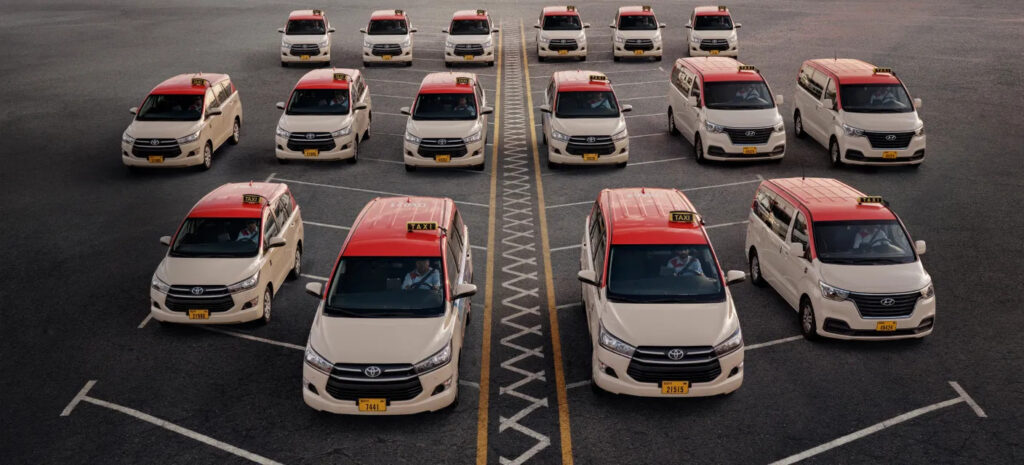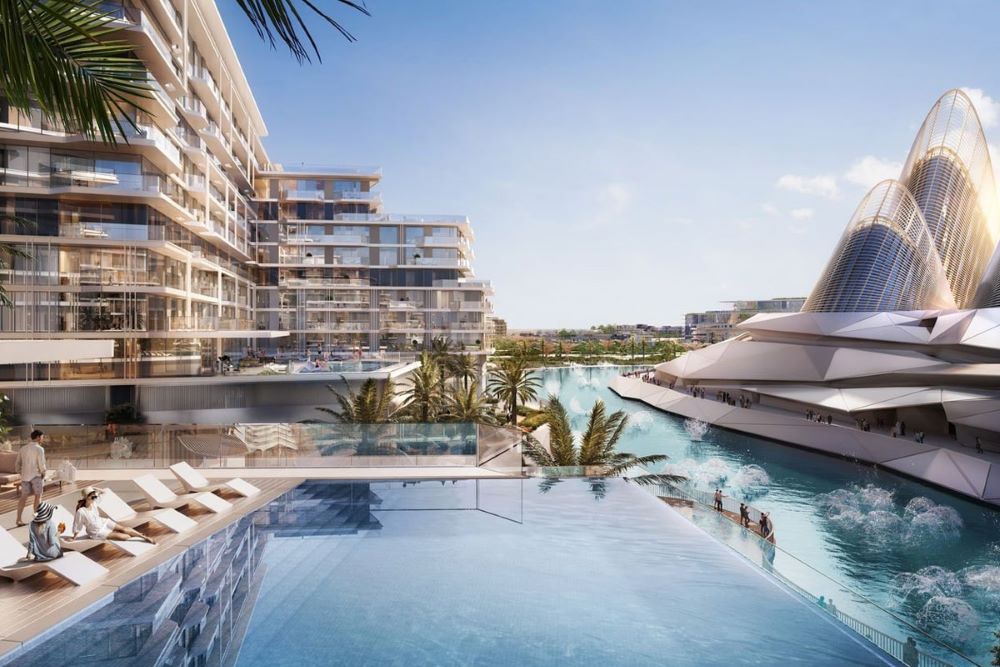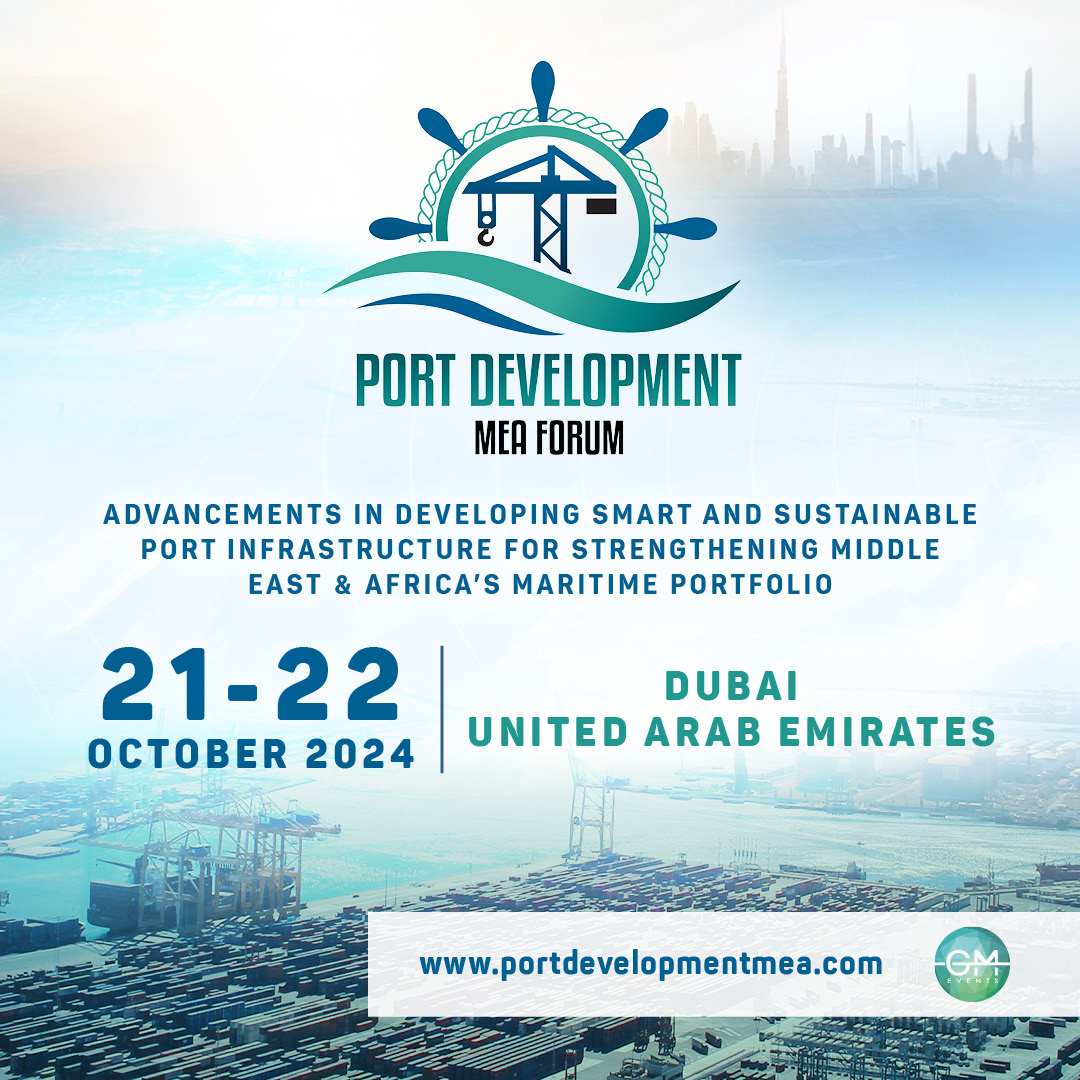
IMAGE CREDIT: Dubai Media Office
HNWIs Ready to Spend $4.4 Billion Dubai Residential Real Estate
High-net-worth-individuals (HNWIs) around the world are prepared to spend $4.4 billion on residential real estate in Dubai, according to global property consultancy, Knight Frank’s second annual 2024 Destination Dubai report.
Knight Frank has surveyed 317 HNWIs – 217 around the world and 100 GCC-based HNWI expats – to gain an understanding of their attitudes, appetite and aspirations when it comes to investing in real estate in Dubai. Collectively, the HNWI respondents have a net-worth of $5.4 billion and own 1,147 homes around the world between them.
Dubai has taken pole position as the most preferred emirate in the UAE for HNWI’s globally to purchase real estate. Abu Dhabi ranks second overall, while Sharjah has secured third place this year.
Faisal Durrani, Partner – Head of Research, MENA at Knight Frank said that Dubai remains the number one destination for the global HNWI community. Not only has the city cemented its status as the busiest US$ 10million+home sales market in the world, but HNWIs continue to clamour for the ‘Dubai life’ and property at the upper echelons of the price spectrum in the emirate is a hotly contested commodity.
“This is best evidenced by the fact that the desire to own a home in the city jumps from 28% for those with a net-worth of $2-5 million to 78% for those with a net-worth in excess of $15 million,” he said.
According to him, this segment of the market is what truly dictates how prices across the mainstream market behave. Last year, total residential transactional volumes approached a record 120,000 deals, worth around $95 billion, yet $10 million+ home sales accounted for only 8% of this figure, by total value of sales.
“What is truly extraordinary however is the average budget for ultra-high-net-worth-individuals considering a Dubai property purchase. Some 25% are prepared to spend between $60-80 million on a home in the city, while a further 16% would like to spend over $80 million. Meanwhile the average budget for this exclusive cohort stands at $58.5 million,” he said.
Knight Frank says Dubai’s prosperity has been fuelled by its transformation into a global commerce hub over the last 50 years. This, coupled with investments in infrastructure, and a focus on social mobility, has fostered a continuously rising standard of living and exceptional public safety.
In addition, Dubai is one of the world’s most connected cities. It is within an eight-hour flight radius of any Middle Eastern country and a six-hour flight radius to major gateway cities in the Indian Subcontinent and Africa.
Overall, the city’s high-quality infrastructure ranks as the number one factor that makes Dubai an attractive place to acquire real estate, according to the 317 HNWI that Knight Frank has surveyed. Indeed, the UAE’s infrastructure quality was ranked fourth globally in the World Economic Forum’s (WEF/Davos) 2023 competitiveness report published this January.
Destination Communities
Shehzad Jamal, Partner – Strategy & Consultancy, MEA at Knight Frank said that access to green space, or parks has emerged as the number one consideration for HNWIs eyeing up a property purchase in Dubai.
Indeed, 88% of HNWIs have named this as a potential deal breaker when weighing up property options in the city. The growing global focus on personal well-being is also exemplified in the desire for HNWIs to be located within close proximity to a clinic, or hospital, which has emerged as the second most important property selection criterion.
Similarly, access to the beach has been cited as the third biggest selection criteria. This is perhaps unsurprising given that Dubai is synonymous with beach-front living, he said.
“The juxtaposition of wanting access to green spaces, while also living by the sea offers a clear blueprint to developers of what will most likely capture the attention of the global elite. And with just 368 homes planned in Dubai’s prime areas, the market is falling well short of current demand levels, which is of course, is also supporting the sharp price rises recorded at the top-end of the market,” he added.










